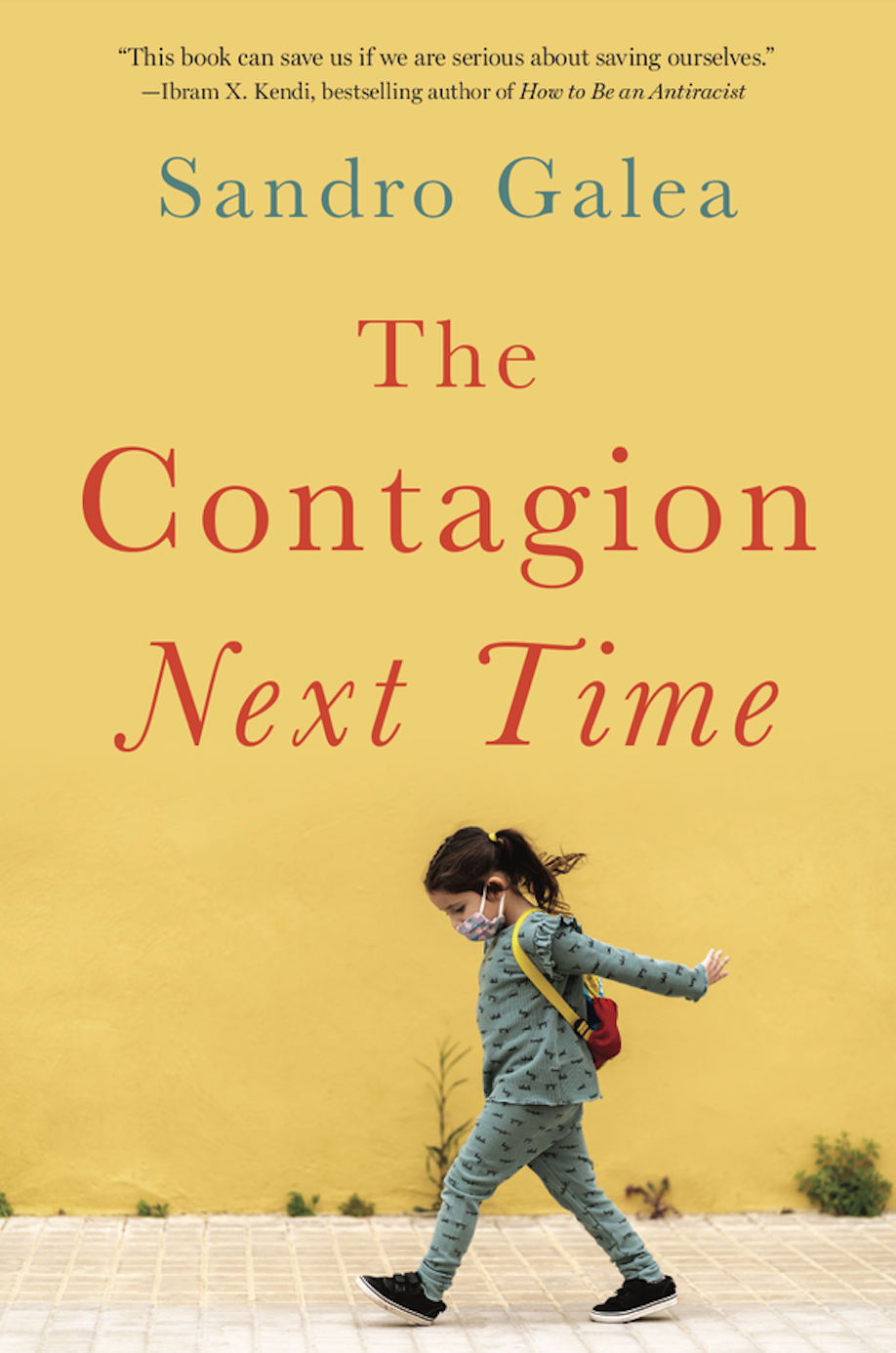There is still much for us to learn about the large-scale forces that shape health, and we should always be mindful of the gaps in our knowledge, humble about what we do not know. These gaps informed the ways in which we stumbled during the pandemic. Even as our science moved ahead with assurance, our capacity to engage with the social, economic, and political roots of the crisis was not as surefooted. Our ignorance relative to what we do not know is yet another reason we must have compassion for each other. We are all attempting to navigate life in the same fog—none of us know nearly enough, and it is on this foundation of incomplete knowledge that we attempt to build our lives. Given the difficulties that come with incomplete knowledge, we have a responsibility to help each other, with compassion, by building the healthiest possible world. Stigma and blame are among the mechanisms we use to avoid facing this responsibility. We need humility to transcend these forces and see clearly the roots of poor health. I will discuss humility at greater length later.
When disasters strike, they can bring out the best in us—and, at times, the worst. Experiencing a large-scale crisis is stressful, and we never quite know how we will react to such stress until we face it. One reaction is to find someone to blame. We saw many examples of this during Covid-19, with scapegoats ranging from China to the WHO to the behavior of individual Americans. The difficult truth is that disasters happen regardless of anything we do, individually or collectively. But we can take steps to limit the damage disasters can inflict, and ensure that the populations they affect are primed for resilience. We can do this by reacting to challenges with compassion and by using this compassion as the basis for building a better world. Because while it is true times of stress can lead us to treat each other poorly, it is also true that compassion can emerge from these circumstances, reminding us that the durability of our society, and our health, rests on our willingness to help each other in moments of challenge. At the same time, as I have argued throughout this book, we should not require the pressure of a disaster to motivate the actions that advance a healthier society.
It is up to us to maintain the compassion that helped us through Covid-19, so that it becomes an enduring feature of our society, rather than a momentary phenomenon activated only in times of crisis. When challenges come, we have a choice to either embrace stigma and scapegoating or act with compassion. When challenges depart, the choice becomes whether or not we remember how the experience of shared threat brought out the better angels of our nature, and whether we allow them to continue guiding our actions. If we do not do so, if we do not act with compassion, then it would not be too much to say that we are the ones, collectively, who are deserving of stigma—the stigma that comes with being a society that refuses to take steps that will improve the health of all and, in particular, the health of the most vulnerable.



